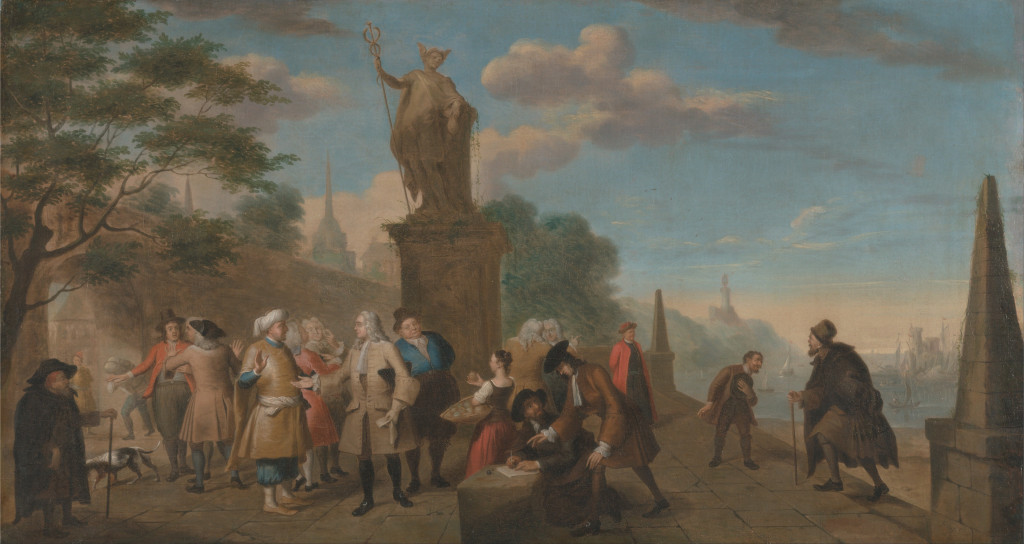You have probably noticed that the world “globalization” evokes passions and even protests.
“The rich become richer and the poor are poorer!” shout some of protesters. “Globalization causes the loss of national culture and identity,” is shouted by others. But is globalization really dangerous? Does it need to be slowed down or regulated?
VIDEO
In the economic sphere “Globalization” is usually understood as the internationalization of trade combined with the development of new technologies. However, is it something new? Definitely not. People have always traded. The only difference is that today trading has its modern elements – internet, telephone, or the speed of transport.
Nevertheless, trade was performed over long distances also in the past. Fortified settlements, towns and kingdoms, which first traded only with the immediate surroundings, gradually found their way to each other even at greater distances. And today’s development has reached the point of international free trade zones.
Why did people do it and are still doing it today? Trading increases prosperity. People are getting something they would not otherwise have or something that would be very expensive for them to produce. Trade raises living standards. How much? From famines, low life expectancy, or high child mortality in the past, to today’s globalized world, where less than 10% of the world’s population lives in absolute poverty. Sure, there is still room for improvements but the progress humanity has made thanks to global trade is enormous.
However, globalization is sometimes blamed for bringing about the loss of national culture and the so-called “Americanization”. What is a classical liberal’s opinion about this blame? Globalization is not about spreading American culture. Italian pizzerias, Chinese restaurants, Japanese animated films, European cooperation, worldwide travel, learning about new cultures, exchanging knowledge … Globalization is simply neither American nor Chinese nor European. In globalization all that matters is what one can offer to the world.
When it comes to globalization, classical liberals leave people with a choice. If someone protests against the opening of McDonald’s, all they have to do is buy nothing there. They don’t have to break windows or make explicit protests. If there are enough opponents to McDonald’s, the restaurant will close on its own because there will be no one to buy in it.
Classical liberals make a strict distinction between globalization in economics and politics. They are in favor of free and global trade. It prevents governments from ruling badly. If governments stifle domestic entrepreneurs with regulations, they always have the opportunity to go to other countries with a better business environment.
While some international and multilateral rules (dispute settlements, most favored nations etc.) can be highly useful, globalization does not presuppose a single world government. Classical liberals think that such a government would be dangerous. In such a world, it would be no longer possible to “vote with your feet” and no one could escape the grasp of international bureaucracy and regulations.
That would be all on this subject. Let us remember that no one is planning globalization. If people were to rely only on what they made on their own, they would be poor. On the contrary, free global trade brings about the removal of barriers between people and brings greater prosperity to poor as well as rich countries. Trade is all about that.



